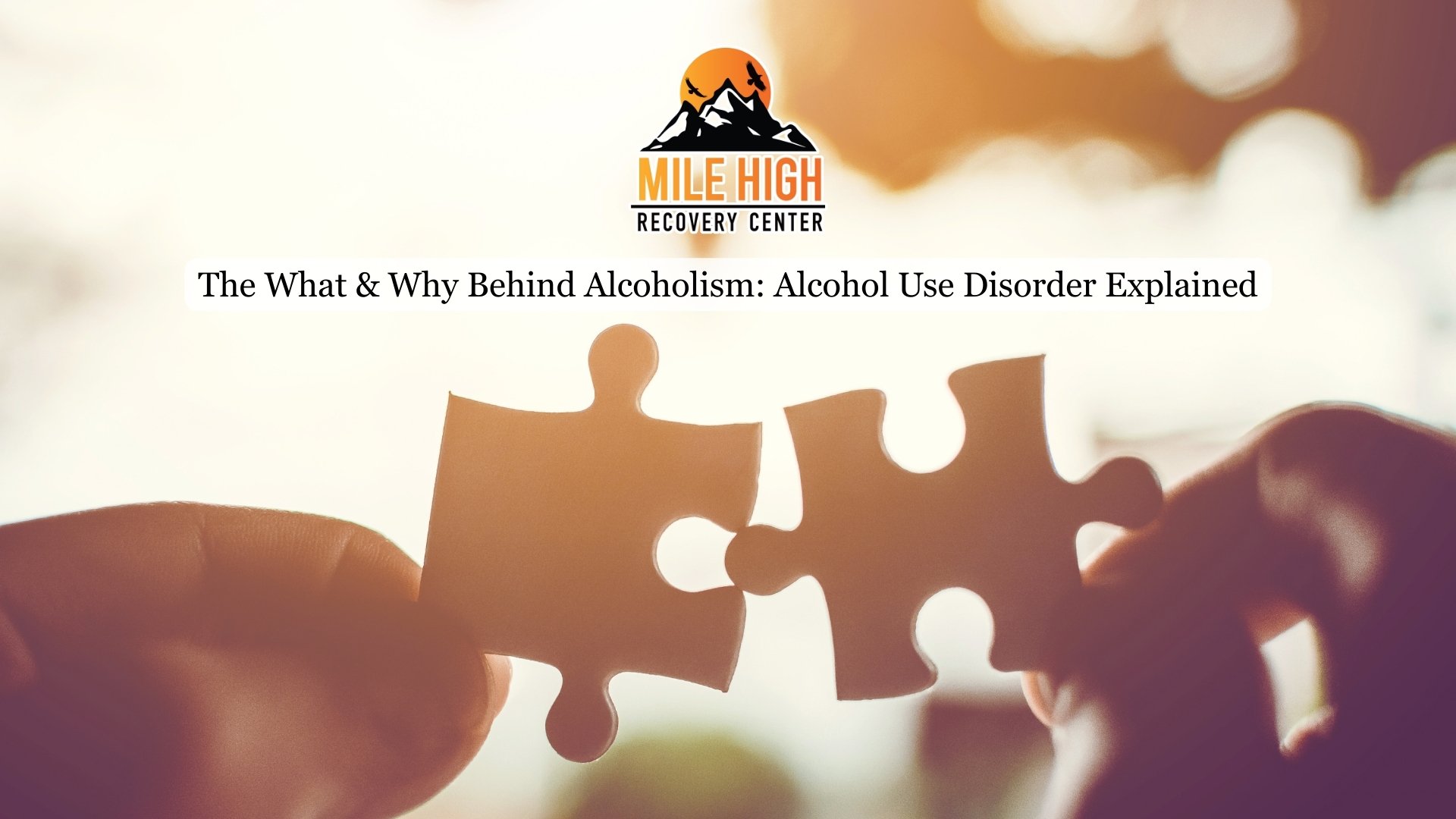While traditional addiction treatments such as counseling and medication play a significant role, alternative therapies are gaining recognition for their effectiveness. One such therapy is Eye Movement Desensitization and Reprocessing (EMDR). Originally developed to treat trauma and PTSD, EMDR has shown promise in supporting individuals in their journey toward addiction recovery.
This blog post showcases the benefits of EMDR therapy in addiction recovery and how it can be a transformative tool for individuals looking to break free from the cycle of addiction.
Understanding EMDR Therapy
EMDR therapy is a type of psychotherapy that helps individuals process and reframe traumatic memories by using bilateral stimulation, typically in the form of guided eye movements. The goal of EMDR is to help the individual process past trauma in a way that reduces the emotional charge attached to those memories, allowing them to be integrated into the individual’s broader life narrative.
During EMDR therapy sessions, a trained therapist helps clients identify and reprocess troubling memories, which can ultimately reduce the emotional distress that often drives addictive behaviors.
For those struggling with addiction, EMDR therapy can help identify and resolve the underlying trauma or unresolved emotional pain that may have contributed to their substance abuse. By processing these emotions, individuals can better manage triggers, cravings, and negative thought patterns that may otherwise lead to relapse.
Addressing Root Causes of Addiction
Many individuals turn to substances as a means of coping with past trauma, unresolved grief, abuse, or emotional neglect. These traumatic experiences, whether they occurred during childhood or later in life, can create patterns of emotional dysregulation that lead to substance dependence as a form of self-medication.
EMDR therapy works by helping individuals confront and process these painful memories, allowing them to reframe their emotional responses. As the traumatic memories are reprocessed, clients often experience a reduction in the emotional intensity associated with those memories, which can significantly decrease the urge to turn to substances for relief.

Reducing Triggers and Cravings
EMDR therapy can be particularly effective in helping individuals reduce the intensity of cravings by targeting the root causes of the emotional triggers that prompt the urge to use substances. By identifying and addressing these triggers in therapy, individuals can develop healthier coping mechanisms to deal with emotional distress, reducing the need to rely on substances to cope.
For example, if an individual associates certain situations, feelings, or people with their substance use, EMDR therapy can help them process those associations. Over time, this reduces the emotional response to these triggers, making it easier for individuals to remain sober in challenging situations.
With the reduction of triggers and cravings, individuals can experience greater control over their impulses and make more thoughtful, intentional decisions about their recovery.
Enhancing Emotional Regulation
Effective emotional regulation is crucial in addiction recovery, as many individuals struggling with addiction may have difficulty managing intense feelings like anger, anxiety, or sadness. Addiction often serves as a coping mechanism for unprocessed emotions, and without healthy outlets for emotional expression, individuals may find themselves at risk of relapse.
EMDR therapy helps individuals improve emotional regulation by reprocessing distressing memories and creating new neural pathways for processing emotions. This process encourages healthier emotional responses, allowing individuals to experience difficult emotions without resorting to substance use. As clients develop a greater sense of emotional resilience, they become better equipped to handle life’s challenges in a sober, productive manner.
Improving Self-Esteem and Self-Worth
Addiction often erodes an individual’s sense of self-esteem and self-worth. Shame, guilt, and feelings of unworthiness can become ingrained in someone’s identity, further perpetuating their addiction. EMDR therapy can be instrumental in helping individuals rebuild their self-esteem by addressing the negative self-beliefs that have developed as a result of their substance use.
Through the reprocessing of traumatic memories, clients can begin to see themselves in a new light, separate from their addiction. They can develop a more positive and compassionate view of themselves as they process past events and challenge negative beliefs.
This shift in self-perception can empower individuals in their recovery journey, helping them create a foundation of self-love and acceptance that strengthens their commitment to sobriety.
Supporting Long-Term Recovery
EMDR therapy can be key in supporting long-term recovery by helping individuals maintain emotional balance and resilience in life’s challenges. By addressing deep-seated emotional issues that may have contributed to their addiction, individuals can develop stronger coping mechanisms and avoid falling back into old patterns of behavior.
EMDR therapy also helps individuals stay connected to their healing process by fostering a deeper understanding of their past and its impact on their present behavior.
As clients gain insight into the factors that influenced their addiction, they become better equipped to make empowered decisions and continue their recovery journey with confidence.
Final Thoughts from Mile High Recovery Center
At Mile High Recovery Center, we understand the powerful connection between trauma and addiction. Our holistic, evidence-based approach, including EMDR therapy in Denver, Colorado, is designed to help individuals address underlying emotional wounds, reduce triggers, and build healthier coping mechanisms. With compassionate, community-driven support, we guide you toward long-term sobriety and a fulfilling life.







